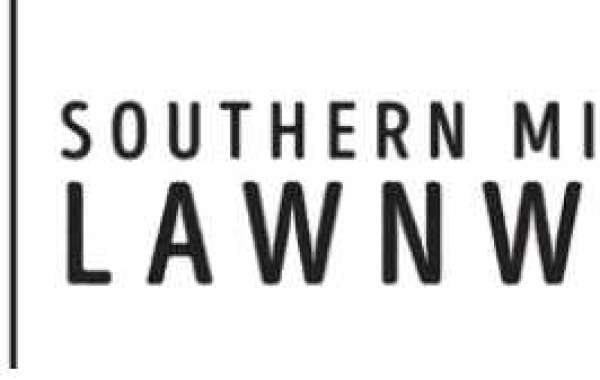Glycerol monostearate (GMS) is a multifunctional compound widely recognized for its emulsifying, thickening, and stabilizing properties. As a monoglyceride derived from glycerol and stearic acid, GMS is a key additive in industries ranging from food and pharmaceuticals to cosmetics and plastics. Its widespread application stems from its compatibility with both water and oil-based systems, making it an essential ingredient in countless formulations.
In the food industry, glycerol monostearate is commonly used as an emulsifier to improve texture, extend shelf life, and stabilize food products. Found in items such as ice cream, baked goods, margarine, and dairy products, it helps maintain a consistent texture by preventing the separation of ingredients. In baked goods, for instance, GMS improves volume and crumb softness, giving bread and cakes a fresher feel for longer. It also acts as an anti-staling agent, making it a favorite among food manufacturers aiming to enhance product longevity without compromising quality.
In cosmetics and personal care, GMS is widely appreciated for its moisturizing and emulsifying capabilities. It helps create smooth, creamy textures in lotions, creams, and other topical products by binding oil and water components together. Additionally, it provides a luxurious, velvety feel to skincare formulations, enhancing consumer appeal. GMS is also non-toxic and generally regarded as safe (GRAS), making it suitable for sensitive applications, including baby products and dermatological formulations.
Pharmaceutical applications of glycerol monostearate are also significant. It acts as a controlled-release agent in tablet formulations and helps improve the bioavailability of active ingredients. Its ability to form stable emulsions is particularly useful in syrups, ointments, and creams, where consistency and efficacy are crucial. Moreover, its inert and biocompatible nature allows it to be used safely in medicinal formulations.
The plastics industry also benefits from GMS as a lubricant and antistatic agent. It reduces friction during processing and helps prevent the buildup of static electricity, which can attract dust and cause operational issues. In packaging, especially for food items, GMS serves a dual purpose: enhancing the material’s performance while ensuring compliance with safety regulations.
As consumer preference continues to shift toward natural and multifunctional additives, the demand for glycerol monostearate is expected to grow. Its origin from natural sources, combined with its broad utility and cost-effectiveness, makes it a sustainable choice for manufacturers across multiple sectors.





